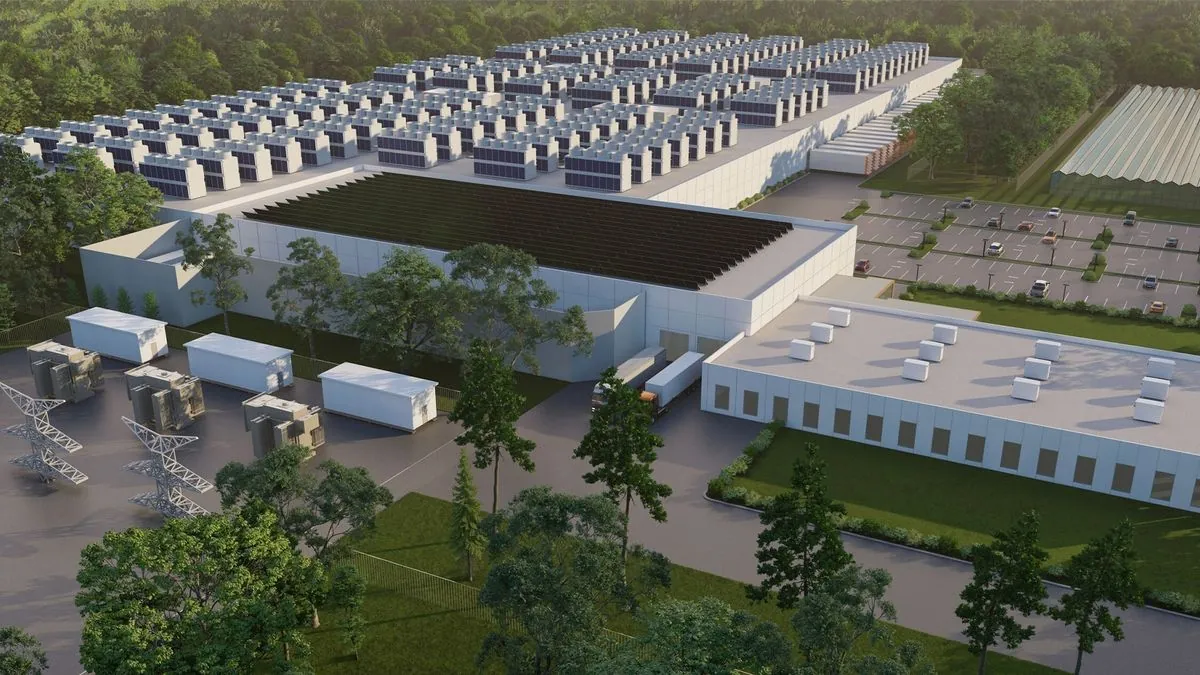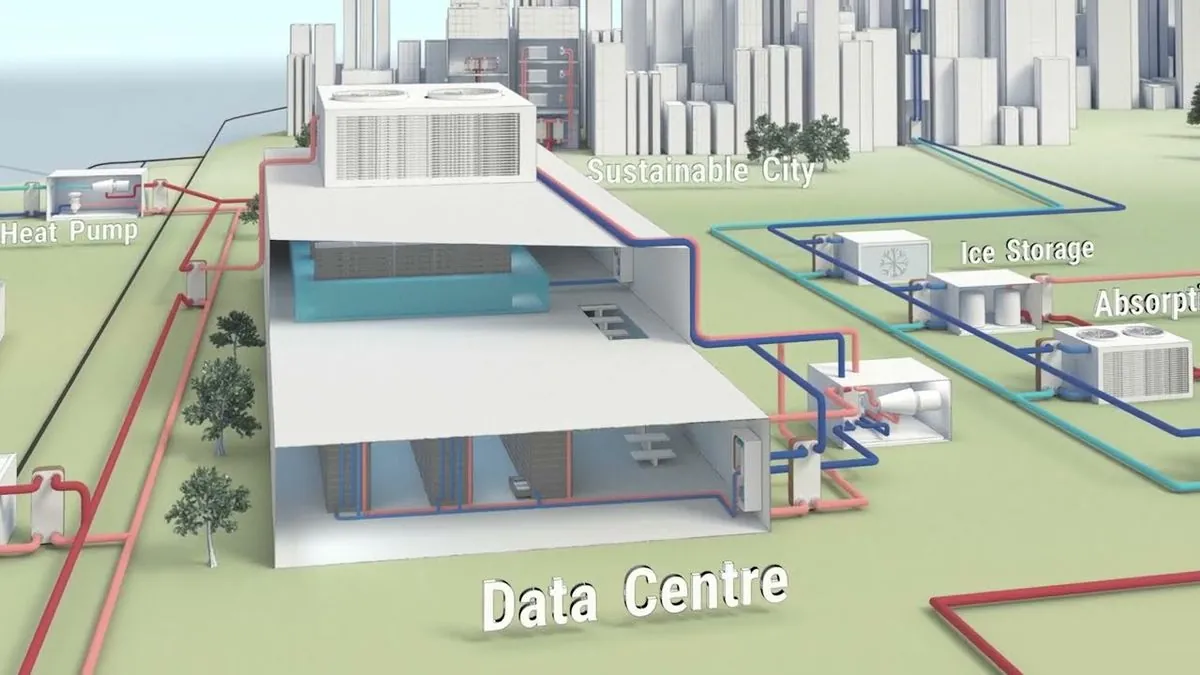Data Center Resistance Grows as Communities Unite Against Tech Expansion
Local activists in small towns across America are joining forces to oppose data center projects, citing concerns over resource demands and quality of life impacts. Recent victories in Peculiar and Chesterton highlight the growing trend.

In recent months, a wave of resistance against data center expansion has been sweeping across small towns in America. Communities are uniting to challenge tech giants' plans, citing concerns over resource demands and quality of life impacts. This grassroots movement has achieved notable victories in places like Peculiar, Missouri, and Chesterton, Indiana, where proposed data center projects have been halted or withdrawn.
The opposition to data centers stems from various factors, including their massive power and water consumption. Data centers are responsible for about 1% of global electricity consumption, with the average facility using about 100 times more energy than a large commercial office building. Additionally, some data centers use water cooling systems that can consume millions of gallons of water daily, raising concerns about strain on local resources.
Noise pollution is another significant issue. The cooling systems of data centers can produce noise levels exceeding 80 decibels, comparable to a busy urban street. This has led to complaints from residents living near existing facilities, particularly in areas like Northern Virginia's "Data Center Alley."
Local activists have developed effective strategies to combat these projects. Wendy Reigel, a former math teacher from Chesterton, exemplifies this new wave of civic engagement. After learning about a proposed data center in her town, Reigel quickly mobilized her community, organizing meetings and distributing information. Her efforts contributed to the developer's decision to withdraw its application in June 2024.
Social media has played a crucial role in these campaigns. Facebook groups like "Don't Dump Data on Peculiar" have become hubs for sharing research, experiences, and tactics. Chad Buck, a real estate developer near Peculiar, used such platforms to disseminate information gathered from visits to existing data centers in Nebraska.
"They're doing what they should have done from the beginning. They're shutting it down, and they're doing it to save face."
Tech companies and data center developers often highlight the economic benefits of their projects, including tax revenue and infrastructure improvements. The global data center market is projected to reach $517.17 billion by 2030, reflecting the industry's rapid growth. However, these promises have failed to convince many local residents who prioritize their community's character and quality of life.
Local officials find themselves caught between the allure of economic development and the concerns of their constituents. In Peculiar, City Administrator Mickey Ary acknowledged the challenge, stating, "My job is to bring economic development to the community." However, the city's recent decision to proceed with an ordinance banning data centers reflects the growing influence of community opposition.
The resistance to data centers is part of a broader trend of communities pushing back against large-scale industrial developments. While data centers are crucial for cloud computing and the advancement of artificial intelligence, their rapid proliferation has outpaced many communities' ability to adapt.
As this movement gains momentum, activists are sharing their experiences across state lines. Reigel has been in contact with organizers in Georgia and Fort Worth, while Buck has received inquiries from Idaho and Indiana. This cross-pollination of ideas and strategies is likely to strengthen future opposition efforts.
The conflict over data centers highlights the complex balance between technological progress and community values. As the demand for data processing continues to grow, driven by advancements in AI and machine learning, the industry may need to explore more sustainable and community-friendly approaches. Some data centers are already investigating the use of renewable energy sources and exploring locations in cold climates to reduce cooling costs.

As Jon Reigel, an active participant in the Chesterton campaign, noted, "The data center industry is in growth mode. And every place they try to put one, there's probably going to be resistance. The more places they put them, the more resistance will spread."
This growing resistance movement suggests that the future of data center development may require greater collaboration between tech companies, local officials, and community members to find solutions that address both technological needs and community concerns.


































